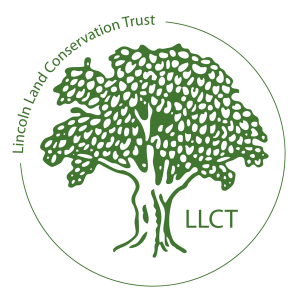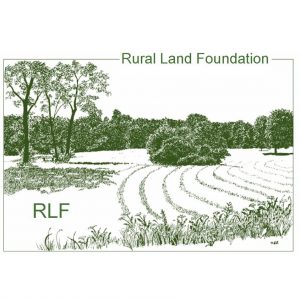Norman Levey, local naturalist and longtime LLCT volunteer, has produced a new video celebrating biodiversity in Chapman Pasture. To accompany the video, Norm writes:
Chapman Pasture, grazed by domestic livestock for two centuries, and the last almost fifty years by a neighbor’s sheep, is a so-called “old field” habitat restoration project funded by the U.S. Fish & Wildlife Service, the Virginia Wellington Cabot Foundation, and private donors through the Lincoln Land Conservation Trust which owns and stewards the property. After two prescribed burns and the efforts of many volunteers planting native flowering plants and grasses some early results can be seen in this video program. Invertebrates command the stage accompanied by the songs and calls of birds and crickets. The moving image shows these animals going about their lives with apparent insect intelligence and purpose, but the reality is a tyranny of instinct and evolutionary determinism.
Dragonflies, bees, and wasps preceded the human species by many millions of years and may yet survive in other forms several million beyond our dominion. The skimmer dragonflies seen on the pasture are easily observed on adopted perches—twigs, strands of grass, man-made stakes—unlike the darners and other more elusive dragonfly genera that hunt on the wing morning to dusk. Here are examples of our commonest midsummer Odonata or “Odes” at Chapman Pasture and various moths, butterflies, solitary and social wasps and bees encountered in the new native flowering plant enclosure and surrounding pasture.
As wasp scientist Howard Ensign Evans eloquently wrote in Wasp Farm, a collection of natural history essays about wasp watching in his own back yard, “We would do well, now and then, to stretch out on the good earth with a notebook, camera, or sketch pad and chronicle the lives of some of our less self-important neighbors.”
Click here to watch the video.
Norm has kindly added time codes in the description for viewers wishing to jump to a specific species.
Thank you again to Norm for the time and dedication that went into producing this video. His masterful piece is an ode to all land conservation in Lincoln and the importance of protecting and maintaining open spaces that support native plants, insects, and form the backbone of a healthy, resilient ecosystem. Join LLCT as a member to support our ongoing work.

